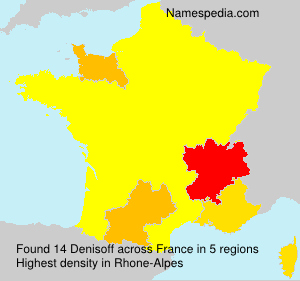
The illustrations are very good, even if all the young women drawn by du Maurier tend to look the same. I do know that the book and stage adaptations were all the rage and rather influential. There is much rhapsodising about how sweet Trilby’s singing is, which is somewhat nauseating. One has to keep turning to the notes at the end for the translations. Another is the frequent use of French – 1850s colloquial French, indeed – whole paragraphs or verses of it, and there are phrases which could well have been in English. Even so, the anti-Semitism is one of several barriers to enjoying this novel. The author was a cartoonist for Punch and I think that the novel, at least partly, is supposed to be satirical. His artist mates, strongman Taffy and the easygoing Laird, are boring too. The majority of the narrative follows Little Billee, a dainty young man who is an atheist and an accomplished artist but manages to be rather prim and boring. Those two are the most interesting and yet they are not developed enough, held at a distance from the reader so we never get to know them. Despite her name being the novel’s title, Trilby O’Ferrall (life model turned singer) is absent from the story quite a lot, as is her mentor, the villainous pianist Svengali.

There is a sinister, supernatural element which is very much subdued until the end, in favour of waffle about the narrator’s bohemian friends (probably thinly-disguised friends of the author), English people being so superior to any other people, and a focus on the least interesting characters. I feel that other contemporary writers, such as Bram Stoker or Oscar Wilde, would have more successfully matched the narrative with the plot. I should state now that I did not like this book at all.


Having finished the book and been mystified by the hat reference (no one in the book wears anything like a trilby hat), I discovered that it was from the stage adaptation. I knew two things about this bestseller which was first published in 1894: it was written by the grandfather of Daphne du Maurier and it was the origin of the trilby hat.


 0 kommentar(er)
0 kommentar(er)
